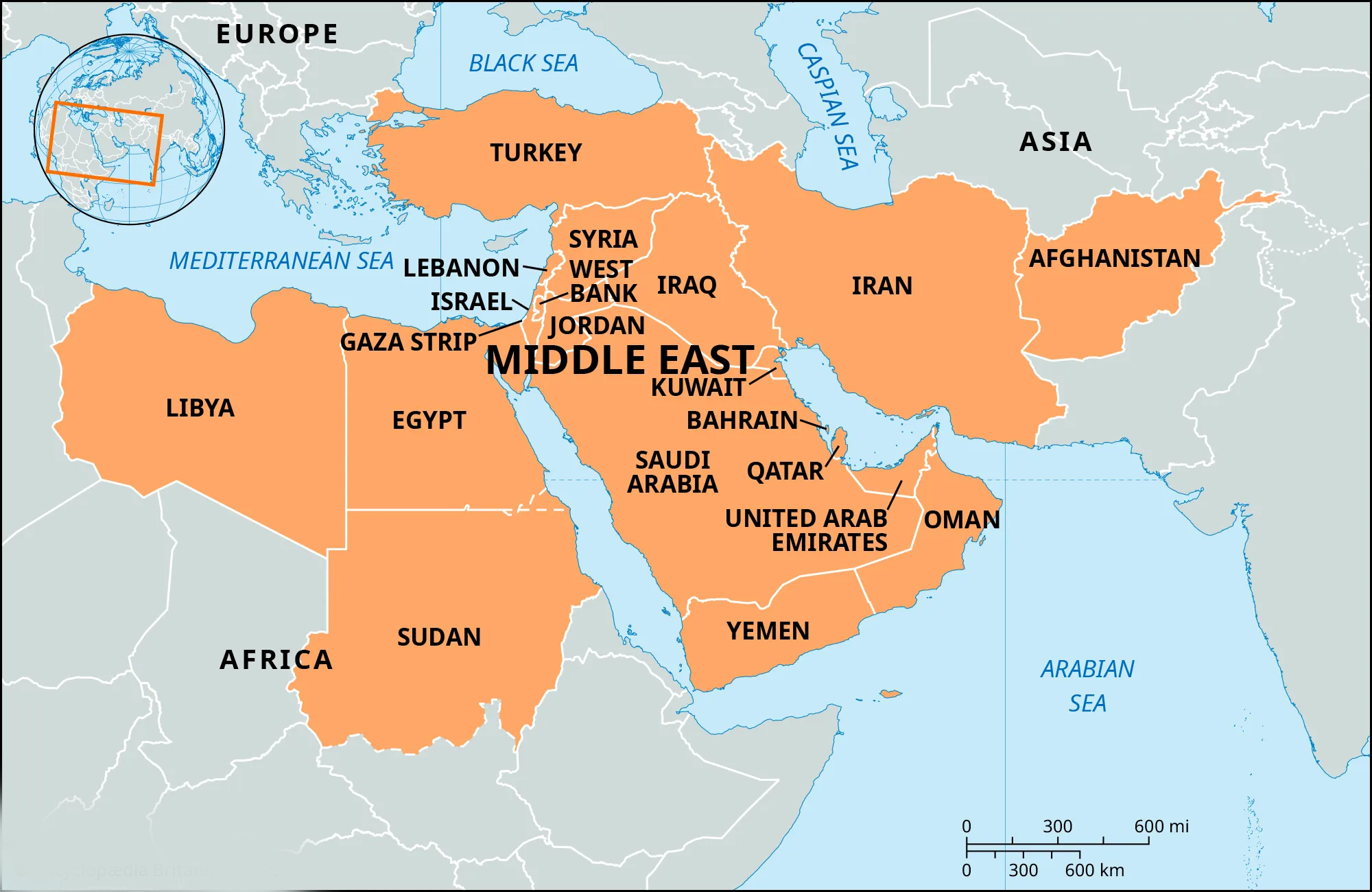Context:
Israel recently launched airstrikes on Iran on June 13, 2025. The strikes, described by Prime Minister Benjamin Netanyahu as hitting “the heart of Iran’s nuclear enrichment program,” mark a sharp escalation in the long-standing rivalry between the two nations. The operation aimed to end the "Iranian threat to Israel's very survival".
Background
The attack comes amid strained US-Iran nuclear negotiations and growing concerns over Iran's uranium enrichment program. Fueling these tensions, the International Atomic Energy Agency (IAEA) recently declared Iran in violation of its nuclear non-proliferation obligations — the first such resolution in two decades.
Implications of the Attack:
· Regional Conflict: The airstrikes risk triggering a broader conflict in the region. Gulf Arab states like Saudi Arabia and the UAE, which had worked to ease tensions with Iran through diplomatic outreach in recent years, now see those efforts at risk. There's growing concern about retaliatory attacks, instability spreading across borders, and the economic toll of a sustained conflict.
· Nuclear Talks: Hopes for a negotiated solution to Iran’s nuclear program are dimming. Tehran has rejected a U.S. proposal to limit uranium enrichment and insists on its sovereign right to enrich uranium. This hardline stance, combined with Israel’s military actions, threatens to derail the talks completely.
· Global Ramifications: A major war between Israel and Iran could disrupt global oil supplies, especially if the Strait of Hormuz — a vital route for energy exports — is closed. This would have a ripple effect on international markets, exacerbating inflation and energy insecurity worldwide.
· Iran: Iran has threatened to withdraw from the Nuclear Non-Proliferation Treaty (NPT) and announced plans to build a new uranium enrichment facility. These moves signal a more aggressive nuclear posture.
· Europe: European nations may invoke “snap-back” sanctions under the nuclear deal’s provisions, intensifying pressure on Iran.
About 2015 nuclear deal:
The 2015 nuclear deal, formally known as the Joint Comprehensive Plan of Action (JCPOA), was a landmark agreement between Iran and the world's six major powers - Britain, China, France, Germany, Russia, and the United States. The deal aimed to limit Iran's nuclear activities in exchange for sanctions relief.
Key Provisions:
· Nuclear Limits: Iran agreed to reduce its uranium stockpile by 98% and limit its enrichment to 3.67%, making it difficult to develop nuclear weapons.
· Sanctions Relief: The United States, European Union, and United Nations lifted or suspended certain sanctions, allowing Iran to regain access to the international financial system and repatriate billions of dollars in frozen assets.
· Monitoring: The International Atomic Energy Agency (IAEA) was tasked with monitoring Iran's nuclear program to ensure compliance.
Conclusion
The situation remains dangerously unstable. With both Iran and Israel unwilling to back down, the risk of full-scale war is real. The global community must act swiftly to de-escalate tensions and restore diplomatic channels before the crisis spirals further.







